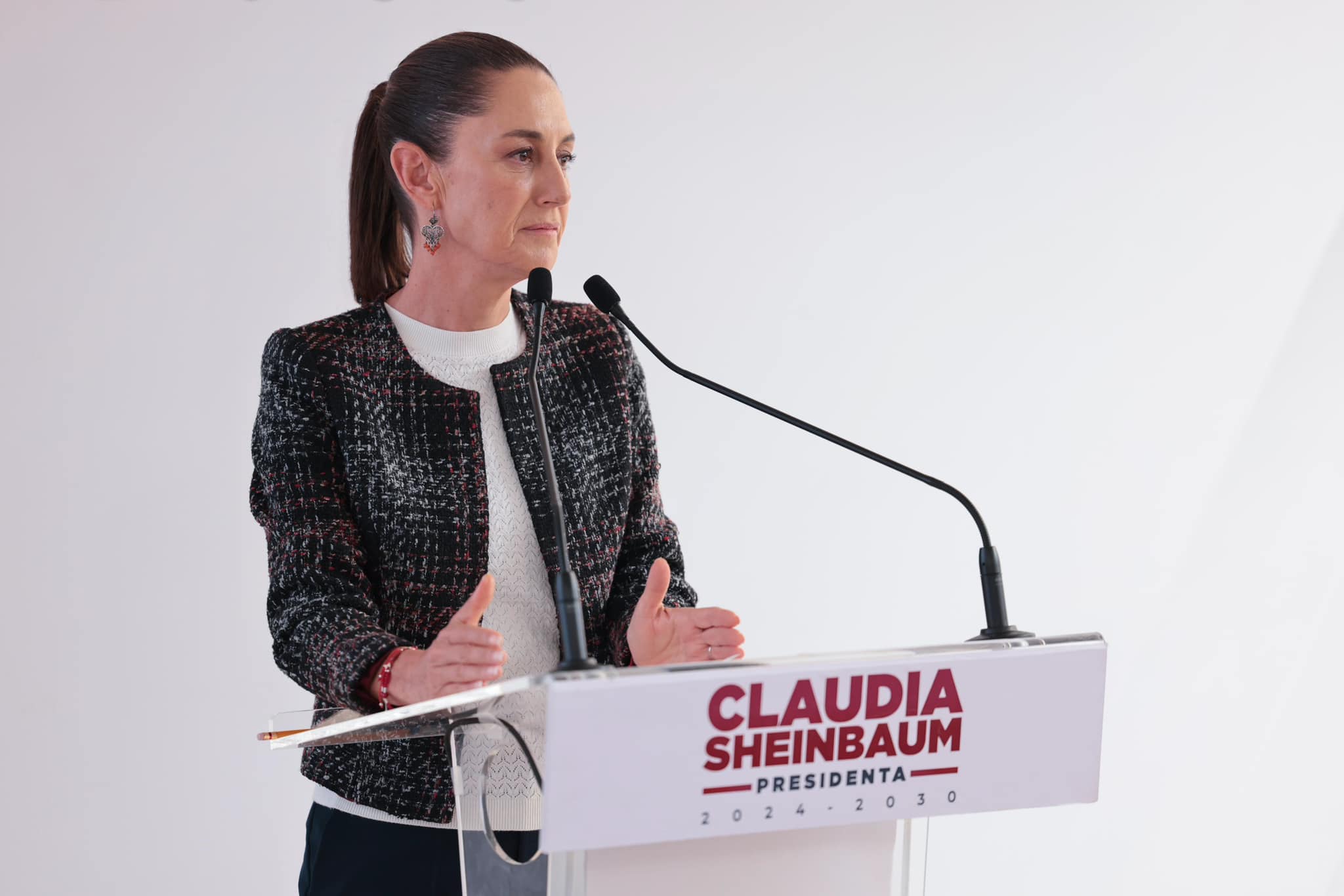The Uncomfortable Voice: the Courage to Name What Others Keep Silent

The Uncomfortable Voice: The Courage to Name What Others Keep Silent
Naming is an act of courage because it exposes, confronts, and commits. And yet, it is the only way to transform. The uncomfortable voice does not seek protagonism; it seeks integrity. Because keeping silent may seem diplomatic, but in reality it perpetuates what needs to be changed. Speaking, on the other hand, is uncomfortable at first, but ultimately liberating.
Companies often confuse cohesion with stillness. If no one questions, it is interpreted as harmony. But harmony without discrepancy is fiction. Behind that silence lie obsolete practices, leadership that is sustained by control, and cultures that punish authenticity. The million-dollar question is not why people keep silent, but what would we gain if they spoke?
In my coaching sessions, I have met leaders who experience the paradox of voice: they would like open spaces, but fear that transparency will diminish their authority. It is the old paradigm: to lead is to control. However, robust organizations do not develop based on obedience, but on honest conversation. When silence is normalized, the organization pays a price: turnover, apathy, flight of creative talent, and loss of reputation. Because the truth finds ways and if it is not expressed internally, it explodes externally, in the form of crises or mass resignations.
How to Name Things
Speaking clearly is not venting; it is taking responsibility for the word. It is having the courage to name. It requires emotional preparation and ethical rigor. How to take that step?
Listen to Your Intuition before Your Fears1962
The initial discomfort is a sign that there is something worth addressing. Ignoring it prolongs the conflict; addressing it transforms it.
Rehearse Your Truth with Yourself
Before speaking, organize it: what do you want to achieve, who does your message convene, and what responsibility do you assume for the consequences?
Shouting the truth without context can be counterproductive. Naming implies building a space where the conversation can be sustained, not just detonated.
Offer Alternatives, not just Diagnoses2780
The voice that makes uncomfortable with purpose proposes paths, not just denounces errors.
Sustain the Message
The first reaction is usually defense. Keep calm, back up your argument with data and personal coherence. Over time, the well-spoken truth finds willing ears.
The Value of Naming
I learned the value of making uncomfortable watching women who, with or without heels, put taboo topics on the table: salary gap, motherhood, mental health, real reconciliation, and ethical leadership. I remembered a mentor who said: “Don’t turn off your voice to fit in; the price is your essence”. That phrase accompanied me when I had to point out the culture of burnout in the organization I led. The cost was high: I made hierarchies uncomfortable, reconfigured alliances, and faced the tension of being seen as conflicting or disruptive to put it another way. But the result was greater: an internal welfare policy was installed that is now a benchmark in the sector.
Naming the uncomfortable didn’t make me an enemy; it made me responsible. It didn’t take away leadership; it refined it. Because true authority is based on authenticity, not on complacency. That is the transformative power of a coherent voice.
When a person dares to speak, it legitimizes the right of others to do the same. That domino effect creates cultures of trust. The organizations that thrive in uncertain environments are the ones that talk uncomfortably early on. They detect errors, adjust courses, and evolve.
This does not mean canceling courtesy or diplomacy; it means elevating them. Diplomacy is not omitting; it is articulating the truth constructively. Speaking is not breaking unity; it is strengthening it with transparency, it is making uncomfortable to liberate.
The uncomfortable voice is a leadership act with profound impact. Whoever names what others keep silent opens doors to innovation, justice, and emotional health. Yes, it requires courage; yes, it implies risk. But the greatest risk is to remain silent and for silence to become culture.
Don’t be afraid to be the voice that makes uncomfortable. Let us fear the silence that perpetuates mediocrity. Because every brave conversation is a possibility of change, and every truth told in time is a crisis avoided.
In a world that needs more authenticity and less appearances, your voice can be the note that clashes with the obsolete script and composes a new melody of possibility.
Challenge of the Week
Identify a topic that is being avoided in your team or in your professional environment. Assign it a name, prepare arguments, and propose a solution. In the next few days, find the right space to start that conversation with clarity and respect. Then confirm what changed in your perception and in the dynamics of the group for daring to name what everyone saw, but no one said.
More Articles

Sheinbaum's Electoral Reform Pillars: An Overview of the Initiative
Jan 16, 2026

Workplace and Business Trends for 2026
Jan 2, 2026

Nissan 2026: The Birth of an Automotive "Super Hub" in Aguascalientes
Jan 9, 2026

What is a Smart Factory and How Does it Operate in Silao?
Jan 26, 2026

Mexico's Government Establishes the Agency for Integrated Rail and Public Transport: What Does It Entail?
Jan 14, 2026

What Opportunities Does 2026 Bring for the Metallurgical Industry in Nuevo León?
Jan 8, 2026
